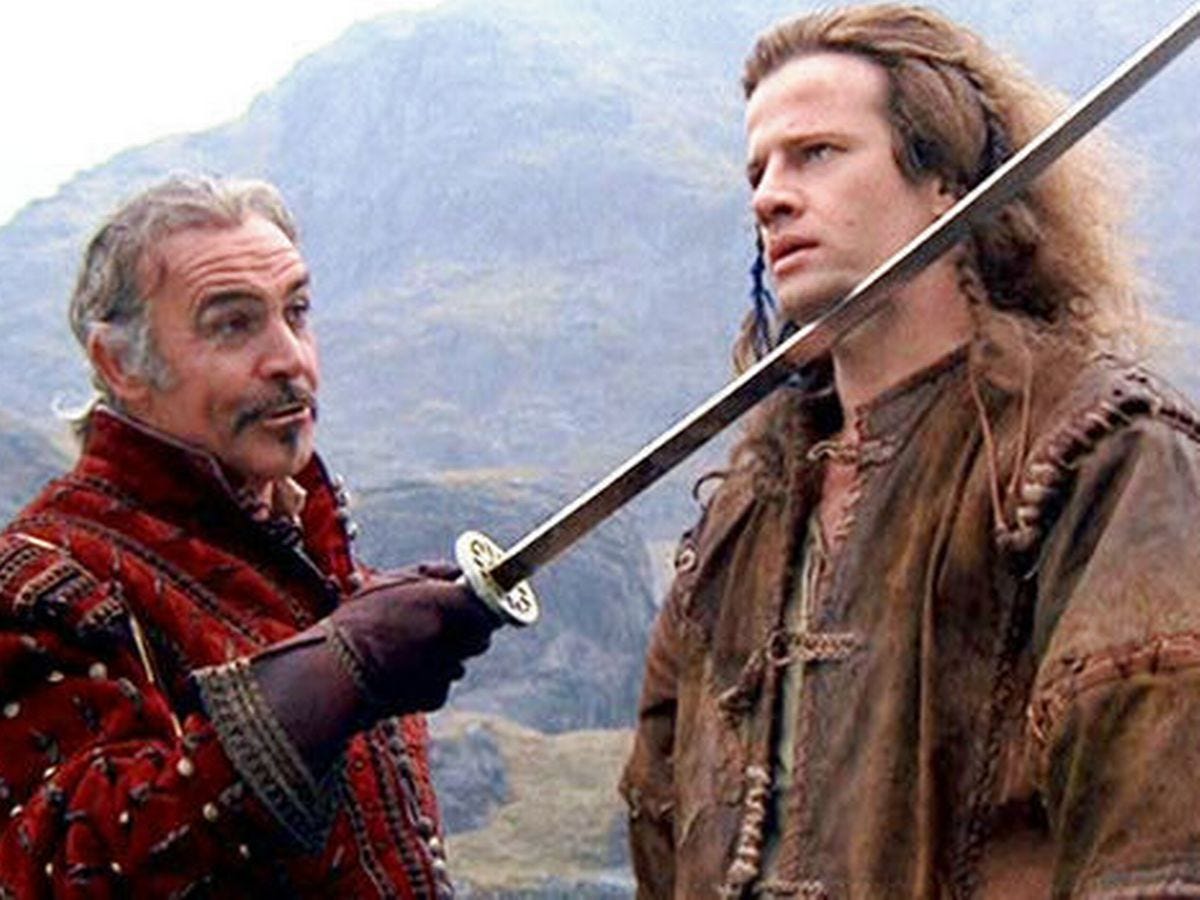This essay originally appeared on a Medium page I set up in January and promptly abandoned. I figured many subscribers probably haven’t seen it and it lays out a few ideas I hope to expand on here.
Robyn’s Body Talk is my favourite record of the last decade.
If you’d told me this would be the case back in 2010, when the album first dropped, I would have called you (and let’s face it, me) a fool. Rock was my jam. Pop was the enemy. What the hell happened?
A few things, it turns out.
First of all, my musical outlook broadened considerably. Like many people, my interest in music blossomed during my early teens, which for me was the mid-’90s. This period happened to coincide with a waterfall of self-congratulatory books and documentaries tracing a rock history that was intertwined with that of the baby boomers. The music was an extension of that generation’s values and beliefs around sex, drugs, race, religion, and freedom of expression.
Though it by no means started with Body Talk, Robyn’s seminal dance-pop album accelerated the tear-down of my rockist notions of authenticity that had previously shaped my musical worldview.
But that personal realization — that pop music could pack as much emotional weight as a guitar-riff rager or lo-fi bedroom recording — was part of a larger cultural shift that has occurred over the past 10 years, one that’s seen capital “R” Rock supplanted by hip-hop, R&B and EDM as a cultural driving force.
Of course, anyone under 40 could have told you that rock music — that is, music made with a traditional guitar-bass-drums set up — lost its cultural cache long ago. Since the alt-rock bubble popped in the late-’90s, hip hop has been the dominant cultural force by pretty much any metric. The only folks who failed to get the message were the myriad cultural gatekeepers (myself included) who continued to view pop-culture through the rock prism.
Listen to the top 10 of the Billboard Hot 100 on any given week over the past decade and what you’ll hear is a pop mainstream whose base aesthetic consistently falls somewhere along the R&B-hip-hop-electronic music spectrum. What you’re unlikely to hear is anything resembling a traditional rock song, even when played by a so-called rock band.
The genre’s 50-plus year reign at the top of the cultural heap had to end at some point. There are myriad reasons for why now. Tastes change. So does the way that music is distributed and consumed. But this past decade in particular, has seen rock adopt a myopic, self-referential streak that honours traditionalism over evolution and experimentation. Meanwhile, even pop’s R&B-hip-hop-electronic-indebted megastars have spent the last 10 years consistently pushing boundaries.
Much like the music itself, rock’s progressive outlook has calcified. The generation that once championed civil rights, women’s lib, and even a nascent LGBT movement is now the electoral power base behind Trump and Brexit. So it was hard for anyone under 40 not to feel a sense of schadenfreude this summer as Woodstock 50, a capitalistic celebration of the rock and roll generation’s greatest totem, slowly fell apart even as its organizers refused to accept reality.
The phrase, “sex, drugs and rock and roll” was once rock’s defining mantra. Today those values seem woefully outmoded. Our attitudes toward sex and drugs have changed dramatically. So why wouldn’t our feelings towards rock and roll change too?
I can’t think of a better example of both the genre’s artistic vibrancy and its place in the general cultural conversation than the fact that Pitchfork now runs a separate list of the year’s best rock records. Though it cast the spotlight on some fantastic records, it was also an acknowledgement that popular music’s one-time centrifugal force, a genre that once dominated year-end lists, needed its own space so as not to be buried in the deluge of year-end content.
To be sure, there is plenty of excellent rock music being made today, music that better reflects the cultural changes that have taken place. I’m particularly fond of the emo-tinged indie (and indie-tinged emo) being championed on labels like Run for Cover, Topshelf, Double Double Whammy, and 6131. Once dominated by the romantic woes of young white men, these genres have become creative DIY hotbeds of alternative voices and sounds. And Japandroids 2012 album, Celebration Rock, was runner up for my favourite of the decade, an album that expertly *ahem* celebrates rock and roll tropes while still subverting them, pushing forward and helping rock to shake off the vestiges of its boomer past, reframing its priorities to better reflect a new generation.
Much of this music is made and consumed outside of the mainstream, and that’s okay. Rock doesn’t need to suck up all the oxygen in a room to be meaningful or transformative. The barriers to entry — for both players and consumers — are lower than ever, and the way sounds and ideas trickle up mean that artists don’t need to dominate the culture to influence it.
Reflecting on his recent induction into the Rock and Roll Hall of Fame, Nine Inch Nails’ Trent Reznor told Rolling Stone that rock ‘[doesn’t have] to be guitar/bass/drums. It can be a turntable, a computer, a synthesizer, sequencer. They are all tools. It’s the spirit of expression and, to me, freedom and no limits to expression.”
That spirit is ultimately rock’s greatest legacy. It’s the tie that binds pop music today. It’s what connects Robyn Japandroids and every other band with a guitar. And it’s why Body Talk, in all its synthesized dance-pop glory, was my favourite album of the decade.
To the unfamiliar, Partner filter classic rock through a queer, Weezer-esque, stoner lens. The duo’s second record, Never Give Up dropped last week. As I said in my review for Exclaim!, “where their debut found the pair pulling humour out of life's little indignities, here they show how to triumph over them (usually by rocking, better, harder, faster and more often).” Check out lead single “Rock is My Rock” below.
Look, I don’t like to brag about these kinds of things, but I’ve been hyping Hamilton’s The Dirty Nil for a few years now. So I’m pretty excited for their next record, Fuck Art, which includes “Done with Drugs.”
I’ve never not been done with drugs enough to then need to be done with them, but the overall theme of aging out of one’s wayward youth still resonates.
Calgary’s Jean Sebastien-Audet netted himself a spot on the Polaris Music Prize longlist back in 2016 under the name Un Blonde, with a lo-fi Frank Ocean (or even Cody Chesnutt) sound. A couple years later he changed his name to Yves Jarvis and followed that up with the even better (and Polaris longlisted) record The Same But By Different Means. Sundry Rock Song Stock came out in September and is another winner. I particularly like the way the lead and backing vocals are slightly out of sync on “For Props.”
Minneapolis group niiice remind me of a lot of other things: American Football’s twinkly guitar lines, Dogleg’s yowl, Weezer’s chunky riffs, the entire 2010s emo rival aesthetic. The thing is, I love all those things, so naturally I’m a big fan of their debut, internet friends.
Sault are a mysterious crew from the UK who may include songwriter and producer Inflo (who has worked with Michael Kiwanuka, Jungle and Little Simz) and Kid Sister, who some might remember for 2008 banger “Pro Nails.”
Anyway, the mysterious group, who don’t talk to press, have dropped four albums in the last two years, with 2020’s Untitled (Black Is) and Untitled (Rise) being absolute standouts. Their music can at times resemble the kaleidoscopic funk of the Avalanches, but its far more rooted in black musical history and cultural politics.
Michelle Zauner tends to mutate her sound with each release; her two records as Japanese Breakfast were an exercise in contrast, one keeping feet planted firmly in jaunty indie rock, the other dabbling in experimental pop territory. BUMPER, her new project with she’s teamed up with Ryan Galloway from Crying (whose 2016 LP Beyond the Fleeting Gales has been described as “indie rock Rush”) splits the difference in an oh so satisfying way.
I’m cheating a big here. “Ever New” originally comes Beverly Glenn-Copeland’s 1986 album Keyboard Fantasies, one of several albums the Canadian-based artist and actor (he appeared and/or wrote on both Mr. Dressup and Sesame Street) released into relative obscurity across his decades long career (Tough Age drummer and music journo Jesse Locke recently took a deep dive for Exclaim!).
After being rediscovered by a Japanese record collector a few years ago, Glenn-Copeland has had a number of his records reissued to growing acclaim that culminates this year with the release of Tramisssions: The Music of Beverly Glenn-Copeland, a career spanning collection and a documentary that was making the film festival rounds as well. Now in his 70s, Glenn-Copeland is being rightly heralded as a pioneer, both as an ambient electronic musician as an openly transgender man.
All these songs can be heard in the playlist below:
Kool Kids Music Preservation Club
When Sean Connery passed away a few weeks back I saw lots of love for his work originating James Bond on the screen (obvs), but little for his equally pivotal work helping launch the Highlander franchise.
For those not in the know, Highlander, the film series and 90s TV show, follows a secret group of immortals who throughout history have battled one another as part of “The Game” in hopes of winning “The Prize.” Advancing in “The Game” requires you to cut the head off of other immortals. For some reason they always say “There can be only one” before doing the cutting. I don’t know what happens if you cut an immortal’s head off and don’t say it. Probably nothing good.
Anyway, Queen have a complicated relationship with sci-fi; Freddie Mercury famously “don’t like Star Wars” and the group soundtracked the lo-fi Star Wars rip-off Flash Gordon, to mediocre returns. But they knocked it out of the park with the handful of tracks they offered up to music video director Russell Mulcahy when he made the original 1986 Highlander film.
Though Queen had moved in a more pop-focused direction in the 80s, “Princess of the Universe” the soundtrack’s standout, echoes their 70s hard-rock past, marrying the guitar theatrics of their first couple of albums with the more ambitious arrangements of A Night at the Opera. Like the movie, it’s a lot of style over substance, and it’s extremely extra. I didn’t hear it until the Vancouver-shot TV series debuted in 1992. and, following the inclusion of “Bohemian Rhapsody” in Wayne’s World, the song cemented Queen as a godhead act in my 11-year old eyes.
Hit up koolkidsmusicclub@gmail.com for praise, gifts and submissions.
Wanna be a Kool Kid too?





